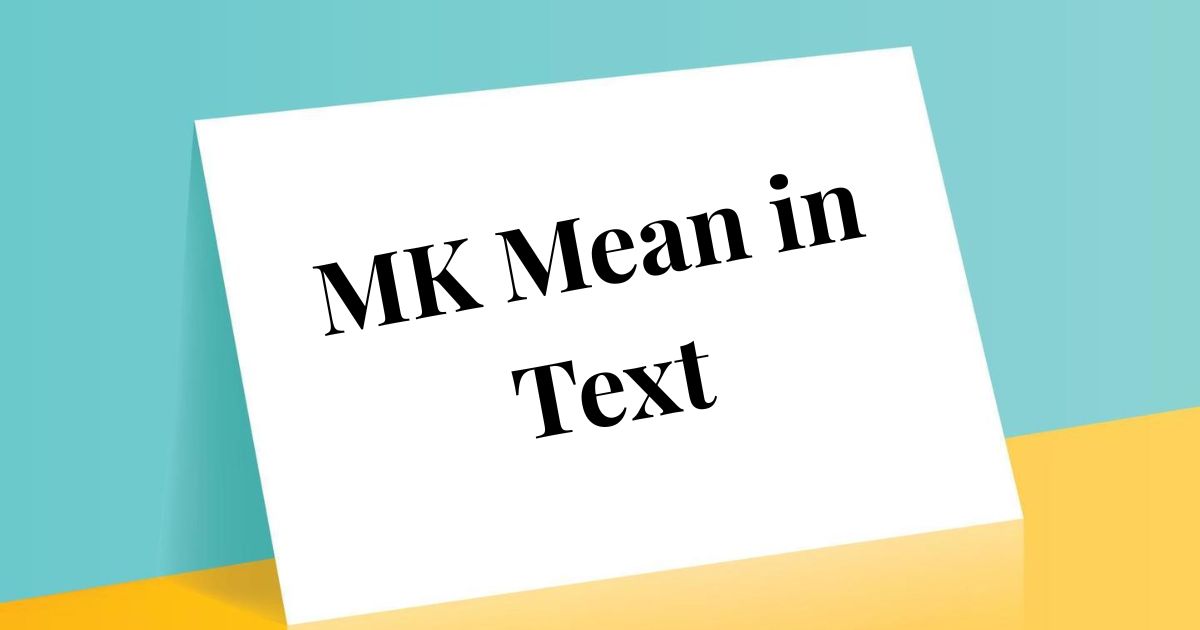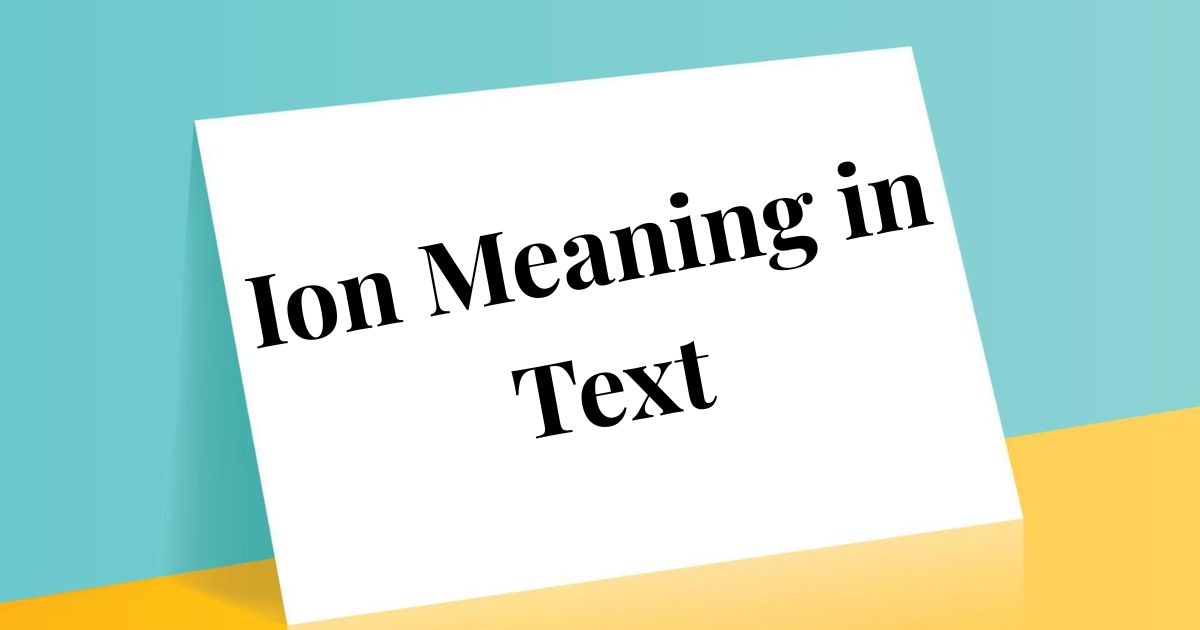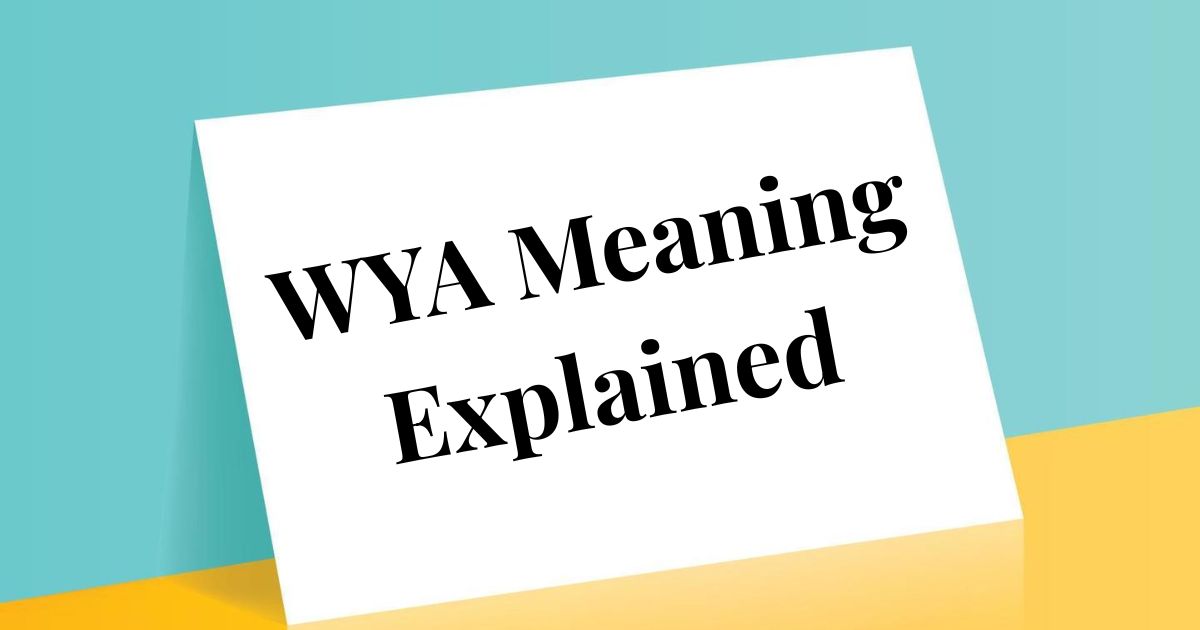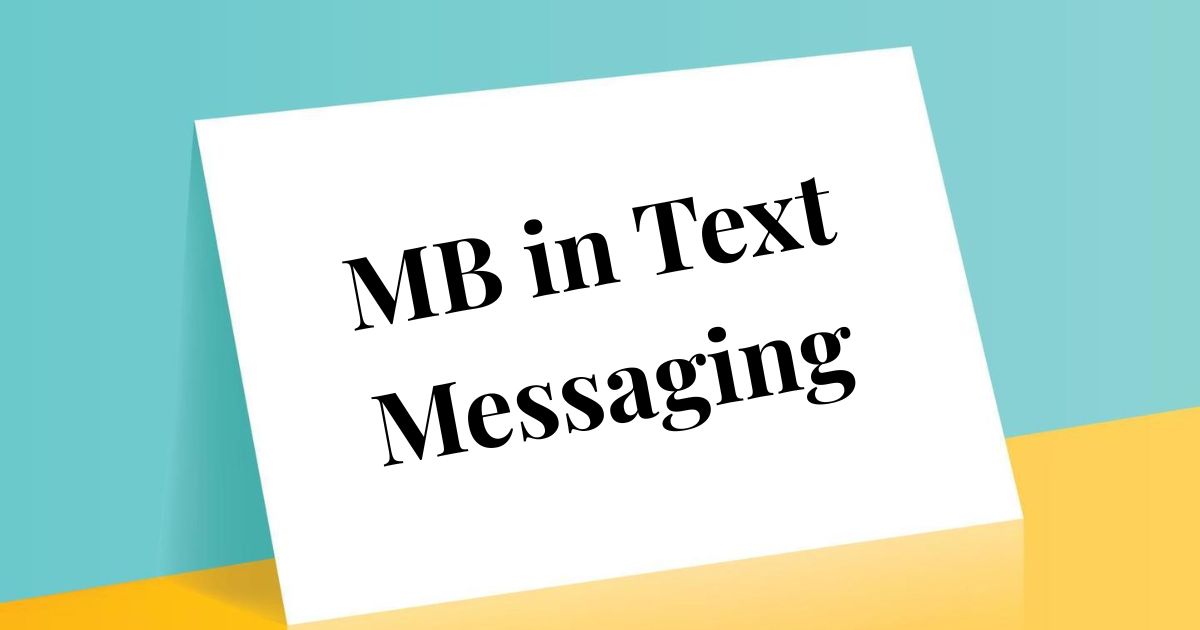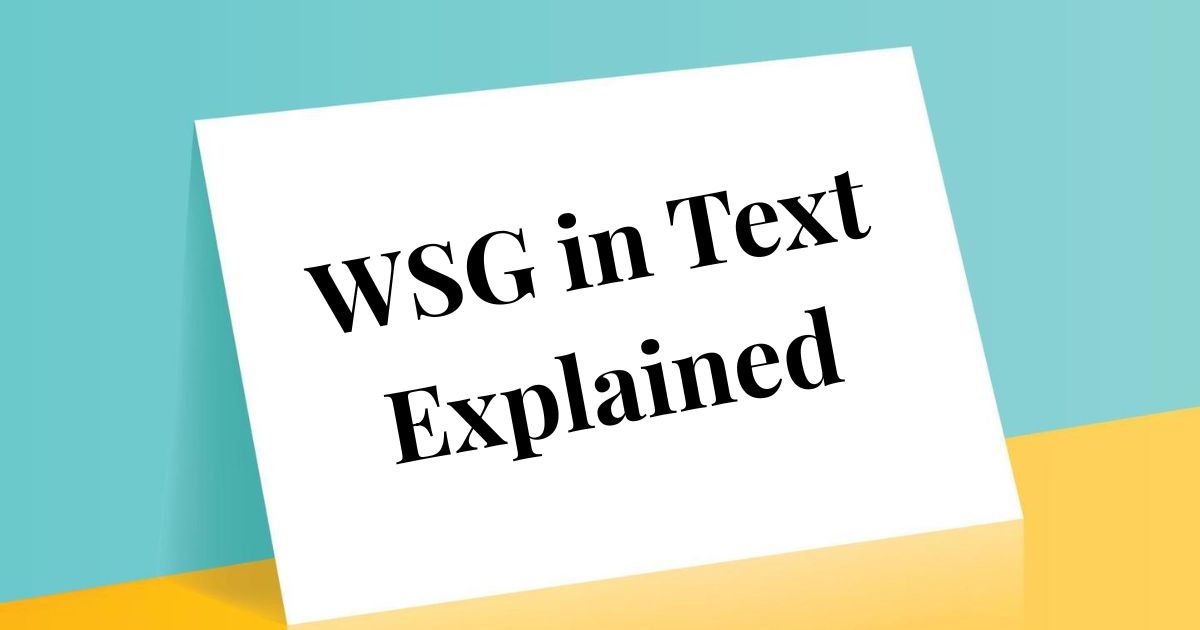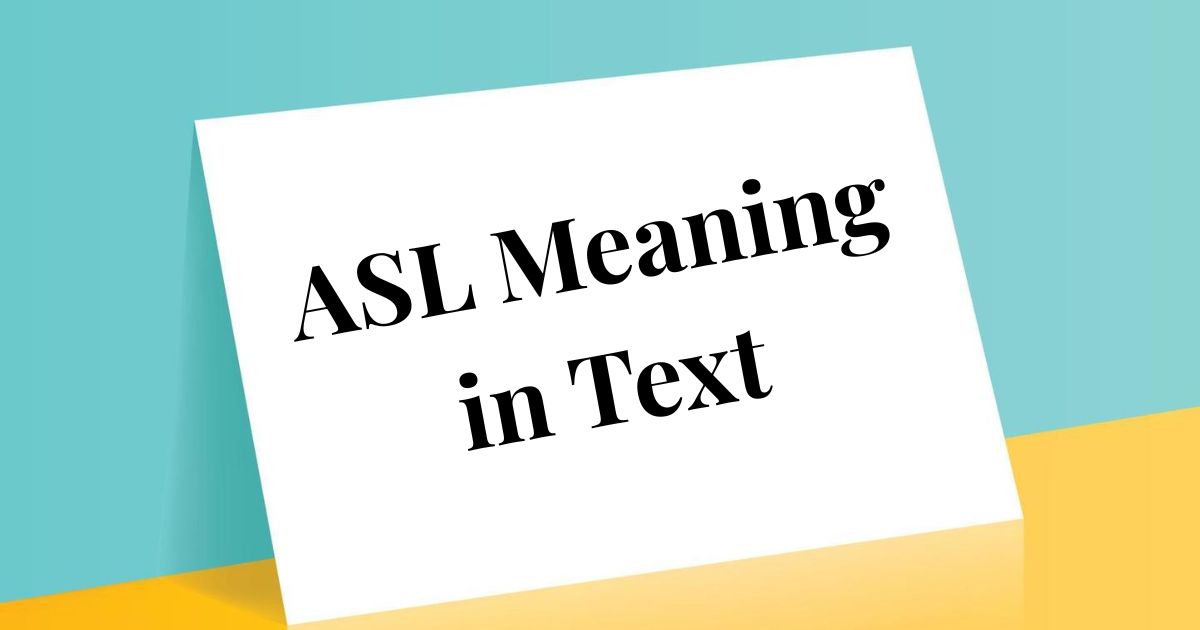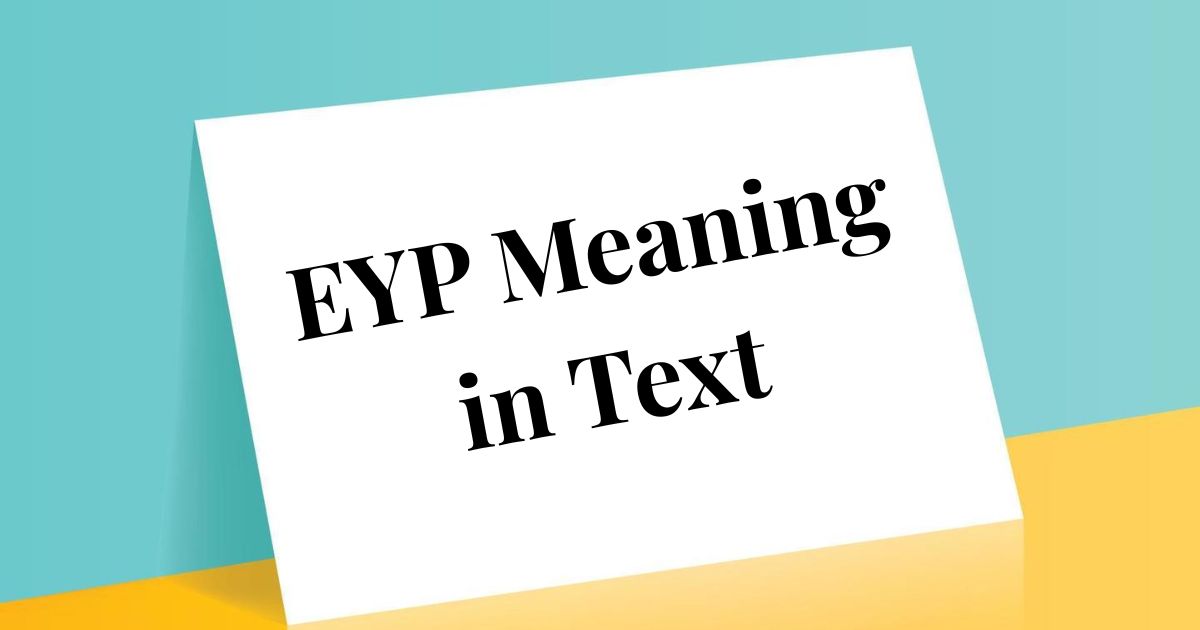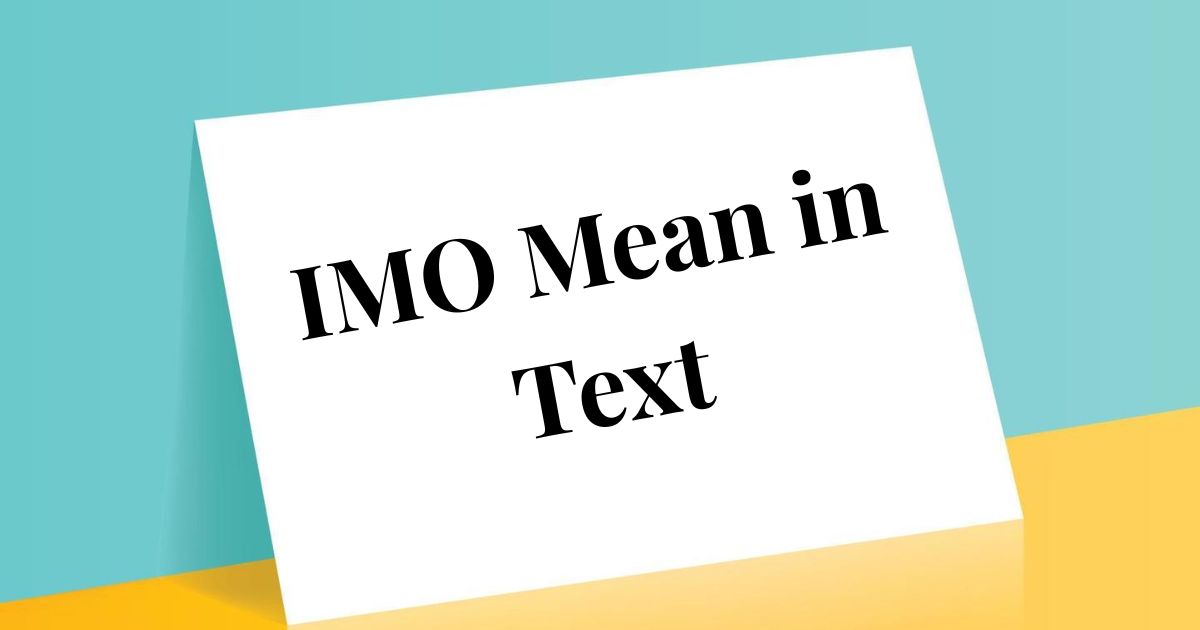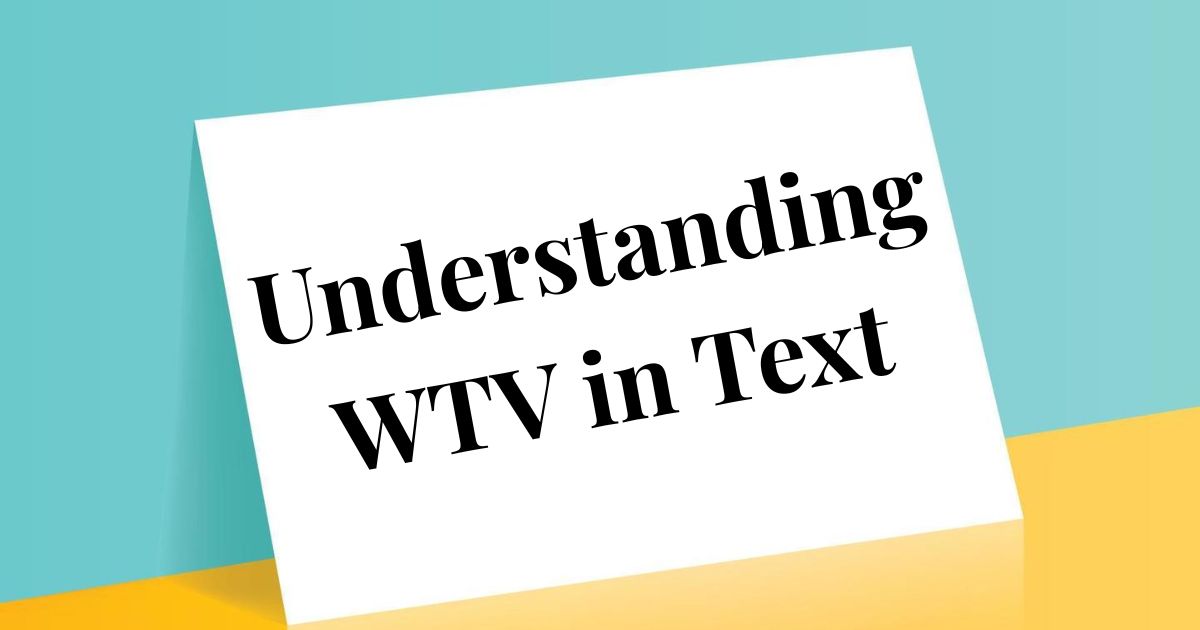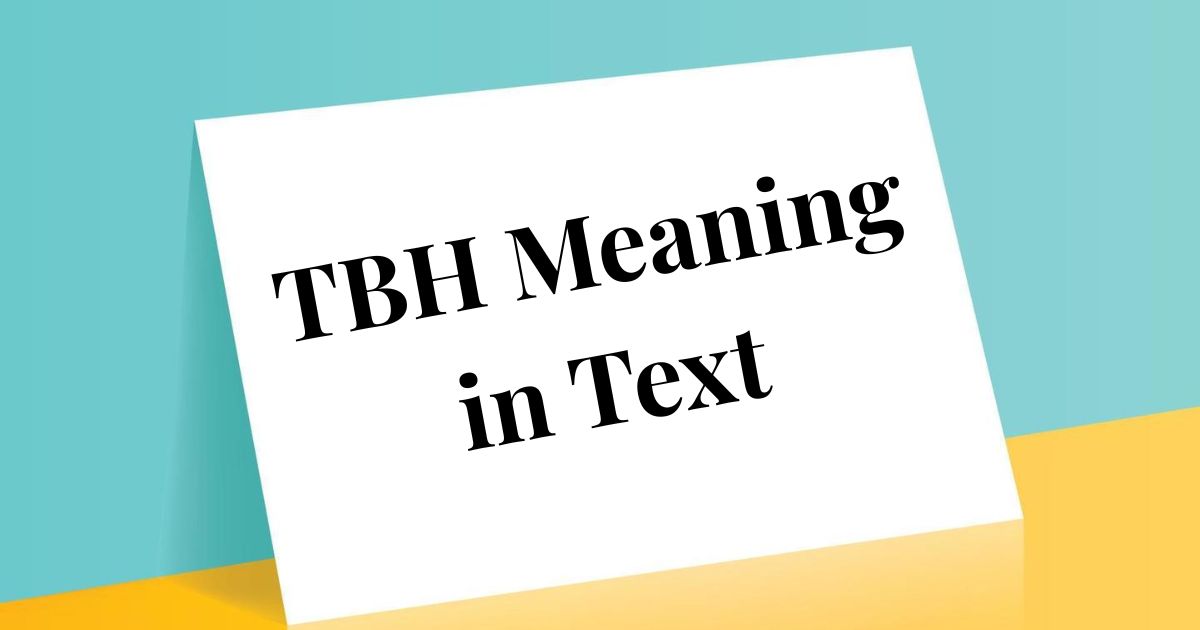Your phone buzzes—MK. Two letters that somehow feel colder than outright ignoring you. Is it agreement? Annoyance? Passive-aggressive shutdown disguised as acknowledgment? According to 2024 data from the Communication Patterns Institute, MK ranks among the top five “emotionally ambiguous” text responses, with 74% of recipients reporting they’ve questioned the sender’s actual feelings behind it. This isn’t paranoia—it’s linguistic reality when brevity strips away every tonal cue that clarifies whether someone’s genuinely okay or silently seething.
✅ What Does “MK” Mean in Text?
MK stands for “Mmkay”—a compressed version of “okay” that mimics the sound people make when reluctantly agreeing or dismissively acknowledging something.
Think of it as the texting equivalent of that flat “mm-kay” you hear when someone’s clearly not thrilled but won’t argue further. It’s acknowledgment without enthusiasm, agreement without genuine buy-in.
MK typically signals:
Passive agreement – “Fine, whatever you want”
Reluctant acceptance – “I don’t love it but okay”
Dismissive acknowledgment – “Yeah yeah, I heard you”
Conversation ender – “I’m done discussing this”
Mild annoyance – “Okay but I’m not happy about it”
The phrase “mmkay” gained cultural traction through Mr. Mackey from South Park in the late 1990s—his catchphrase “drugs are bad, mmkay?” turned the elongated “okay” into shorthand for patronizing or dismissive agreement.
MK entered texting around 2010-2015 as smartphones made even basic words feel too long. It’s more compressed than “okay” (4 letters down to 2) while carrying distinct emotional undertone that plain “ok” doesn’t necessarily convey.
However—and this creates constant confusion—MK also stands for:
Mortal Kombat in gaming contexts
Michael Kors in fashion discussions
Milton Keynes for UK residents
Megabyte/Kilobyte in some technical uses
Context usually clarifies, but occasionally “MK” responses generate hilarious misunderstandings when recipients think you’re talking about video games instead of grudgingly agreeing to dinner plans.
📱 The Tone of “MK”: Why Context Matters
MK’s emotional temperature fluctuates wildly based on invisible factors recipients must decode like communication detectives.
Punctuation transforms meaning:
“mk” (lowercase, no punctuation) – Maximum dismissiveness, often annoyed
“MK.” (capitalized with period) – Firmer, more definitive, possibly irritated
“Mk!” (with exclamation) – Rare usage attempting false enthusiasm
“mk…” (with ellipsis) – Uncertain, possibly sad or resigned
Timing reveals intent:
Immediate MK – Probably genuine acknowledgment without strong feelings
Delayed MK – They thought about it and still aren’t thrilled
MK after argument – Likely they’re withdrawing rather than continuing conflict
MK after enthusiasm – Emotional shift happened; something’s wrong
Relationship history matters:
Secure relationships – MK might genuinely mean neutral okay
Strained relationships – MK often signals suppressed frustration
New relationships – MK can seem cold before communication norms establish
Romantic relationships – MK frequently precedes “we need to talk”
Conversation context:
After someone shares good news: MK feels dismissive of their excitement
During logistics planning: MK probably just efficient acknowledgment
Following apology: MK suggests they haven’t actually forgiven you
In response to question: MK avoids engaging with actual query
Dr. Rebecca Torres, communication psychologist at Berkeley, notes: “MK functions as emotional temperature indicator. When it generates anxiety in recipients, that reveals either sender’s actual frustration or recipient’s insecurity about relationship security—sometimes both.”
💬 Is “MK” Considered Rude?
MK occupies controversial territory—not inherently rude, but frequently interpreted that way depending on context and delivery.
When MK feels dismissive:
After someone shared vulnerability – Responding MK to emotional sharing feels cruel and uncaring
During conflict resolution attempts – MK shuts down conversation rather than resolving issues
When enthusiasm was expected – Friend shares exciting news, you respond MK? Ouch
Repetitive MK responses – Using MK constantly makes everything feel like burden to you
Following requests you agreed to – “Can you pick up milk?” “mk” reads annoyed about simple task
When MK works fine:
Quick logistical confirmations – “Meet at 6?” “MK” efficiently confirms
Among close friends with established patterns – If you both text briefly, MK fits naturally
When you’re genuinely neutral – Sometimes you truly don’t have strong feelings either way
Matching their energy – If they text minimally too, MK reciprocates their style
Why MK often feels rude:
It’s the bare minimum response – Seems like you couldn’t spare two more letters for “okay”
Lacks warmth signals – No emoji, no elaboration, no enthusiasm markers
Mimics real-world passive-aggression – That flat “mm-kay” people say when angry
Suggests emotional withdrawal – You’re responding but not really engaging
According to relationship communication research, responses perceived as “minimal effort” correlate with 63% higher relationship dissatisfaction over time—not because any single MK destroys trust, but because patterns of minimal engagement erode emotional connection gradually.
The recipient’s interpretation matters more than your intention. If people consistently tell you your MKs feel cold, that’s valuable data regardless of whether you meant them neutrally.
📚 What “MK” Stands For (Beyond Just “Okay”)
While “mmkay” remains the dominant meaning, MK carries emotional subtext that transcends literal translation.
Surface meaning: “Okay” or “alright”
Hidden emotional meanings:
“I’m not arguing but I disagree” – Conflict avoidance disguised as agreement
“Fine, do whatever you want” – Surrendering decision-making with resentment
“I heard you but don’t care” – Acknowledgment without actual engagement
“This conversation is over” – Conversation terminator when you’re done discussing
“I’m upset but won’t explain” – Emotional withdrawal requiring mind-reading
“Your idea is bad but I’ll let you learn” – Patronizing agreement predicting failure
MK sometimes functions as:
Passive-aggressive weapon – Looks like agreement, feels like punishment
Self-protection mechanism – Withdrawing prevents escalating conflict
Communication shutdown – Easier than explaining complex feelings
Relationship test – Seeing if you’ll notice their emotional distance
The gap between surface and subtext creates constant communication friction. Someone genuinely means neutral acknowledgment; recipient hears veiled hostility. Or someone’s actually annoyed but claims “MK just means okay, stop reading into it.”
This ambiguity isn’t accidental—it allows plausible deniability. You can express frustration through tone while maintaining verbal innocence if challenged.
🌟 Polite & Professional Alternatives to “MK”
When MK risks seeming dismissive, unprofessional, or emotionally cold, these alternatives add warmth and clarity.
1. “Sure, that works for me.”
Tone: Cooperative, agreeable, positive
Best for: Professional contexts, collaborative planning
Why it works: “Sure” sounds enthusiastic; “works for me” frames it as mutual benefit rather than reluctant compliance.
Example: “Can we reschedule to Thursday?” → “Sure, that works for me perfectly!”
2. “Okay, sounds good!”
Tone: Friendly, enthusiastic, clear
Best for: Casual and professional contexts, general agreement
Why it works: Exclamation point adds energy; “sounds good” expresses genuine approval rather than passive acceptance.
Example: “Let’s meet at the coffee shop on Main” → “Okay, sounds good! See you there.”
3. “Got it, thanks!”
Tone: Efficient, appreciative, engaged
Best for: Acknowledging information, workplace communication
Why it works: “Got it” confirms understanding; “thanks” acknowledges their effort in communicating.
Example: “The report is due Friday at 5pm” → “Got it, thanks for the reminder!”
4. “Alright, I’ll be there.”
Tone: Committed, clear, responsible
Best for: Confirming attendance, making promises
Why it works: Adds specific commitment beyond bare acknowledgment, showing you’ll follow through.
Example: “Meeting starts at 10am sharp” → “Alright, I’ll be there on time.”
5. “Understood, let’s move forward.”
Tone: Professional, action-oriented, decisive
Best for: Workplace decisions, project planning
Why it works: “Understood” shows you’ve processed information; “let’s move forward” demonstrates commitment to action.
Example: “We need to pivot strategy after client feedback” → “Understood, let’s move forward with the revised approach.”
😎 Casual & Friendly Alternatives to “MK”
When communicating with friends or casual contacts where MK might feel too cold, these maintain brevity while adding warmth.
6. “Yep, cool with me.”
Tone: Laid-back, agreeable, friendly
Best for: Casual plans with friends
Why it works: “Yep” is efficient; “cool with me” signals genuine flexibility without reluctance.
Example: “Want to order pizza?” → “Yep, cool with me—pepperoni?”
7. “Kk!”
Tone: Super casual, friendly, quick
Best for: Close friends, frequent texters
Why it works: Double K softens the response; exclamation adds enthusiasm absent from flat MK.
Example: “Running 5 min late” → “Kk! No rush”
8. “Okayy 😊”
Tone: Warm, friendly, positive
Best for: Casual conversations needing warmth
Why it works: Extra Y plus emoji eliminates any cold undertone that MK carries.
Example: “Can you grab the mail?” → “Okayy 😊 getting it now”
9. “No problem at all!”
Tone: Accommodating, generous, warm
Best for: Responding to requests, showing willingness
Why it works: Explicitly states the task isn’t burden, preventing recipient from feeling guilty.
Example: “Mind picking me up?” → “No problem at all! What time?”
10. “Okay, let’s do it!”
Tone: Enthusiastic, committed, energetic
Best for: Agreeing to plans, showing genuine interest
Why it works: “Let’s do it” transforms passive agreement into active participation.
Example: “Movie tonight?” → “Okay, let’s do it! What time’s the showing?”
🧠 How to Choose the Right Response Instead of “MK”
Decision framework for selecting appropriate alternative based on context and relationship.
✅ 1. Who are you texting?
Professional contacts – Always choose complete, warm alternatives like “Sounds good!”
Close friends – Brief responses like “Kk!” or “Yep” work fine
Romantic partners – Add warmth through emojis or elaboration beyond bare acknowledgment
Family members – Match their communication style while staying respectful
New acquaintances – Err toward more enthusiastic responses to build rapport
✅ 2. What is the tone of the conversation?
Emotional or vulnerable – Never use MK; choose empathetic, engaged responses
Logistical planning – Efficient acknowledgment fine, but add confirming detail
Conflict or tension – Avoid MK completely; choose responses that address emotional content
Celebratory – Match their enthusiasm with exclamation points and positive language
Routine/mundane – Brief responses acceptable but occasionally vary for relationship health
✅ 3. What do you want to communicate?
Genuine enthusiasm – “Sounds great!” or “I’m excited!”
Neutral agreement – “Sure, that works”
Reluctant compliance – Better to honestly discuss concerns than hide behind passive MK
Understanding – “Got it” or “Understood”
Commitment – “I’ll be there” or “You can count on me”
The key question: Would this response make the recipient feel valued, or just minimally acknowledged?
✨ 15 Best Ways to Respond Instead of Saying “MK”
Comprehensive alternatives spanning formality levels and emotional tones.
1. “That works perfectly for me!”
Enthusiastic agreement showing genuine appreciation for the plan.
2. “Absolutely, I’m on board.”
Strong, clear agreement indicating full support.
3. “Sounds like a plan!”
Casual but positive, works across most relationship types.
4. “Great, I’ll make it happen.”
Action-oriented response showing commitment beyond bare acknowledgment.
5. “For sure!”
Casual, enthusiastic, works with friends and casual contacts.
6. “Yeah, I’m down.”
Very casual agreement, best for close friends only.
7. “Perfect timing!”
When something works especially well with your schedule.
8. “I appreciate you letting me know.”
Acknowledges their communication effort, adds warmth.
9. “Thanks for the heads up!”
Works when they’ve informed you of something useful.
10. “I’m in!”
Enthusiastic participation agreement, shows genuine interest.
11. “Roger that.”
Playful but clear acknowledgment, works among friends.
12. “Will do!”
Confirms you’ll take action, more committed than passive okay.
13. “Copy that.”
Slightly formal acknowledgment, works in professional contexts.
14. “Excellent, see you then.”
Combines agreement with forward-looking commitment.
15. “Noted, thank you.”
Professional acknowledgment that shows respect.
💡 Tips for Using Alternatives Effectively
Vary your responses
Using identical reply every time (even positive ones) eventually feels robotic. Mix alternatives to maintain natural conversation flow.
Match energy levels
If they’re excited, match enthusiasm. If they’re neutral, don’t oversell your response with excessive exclamation points.
Consider conversation history
If you’ve been responding minimally, adding warmth prevents pattern of seeming disengaged.
Use emojis strategically
Single appropriate emoji can transform cold text into warm acknowledgment without adding words.
Add confirming details
“Sounds good, see you at 6!” beats “Sounds good” because it confirms you absorbed specific information.
Don’t fake enthusiasm
If you’re genuinely reluctant, brief honest response beats performative excitement that reads as false.
Recognize when brevity works
Not every message needs elaboration. “Got it” sometimes genuinely suffices for simple information acknowledgment.
Pay attention to feedback
If people consistently tell you your responses feel cold, that’s data worth hearing regardless of your intentions.
🔄 Quick Summary: When to Avoid “MK”
Never use MK:
- Professional communications
- After emotional sharing
- During conflicts
- With people who’ve said it bothers them
- When enthusiasm is expected
MK might work:
- Quick logistics with close friends
- When genuinely neutral
- If you both text minimally
- Confirming simple information
Better alternatives exist for literally every situation where MK might work, so when uncertain, choose something warmer.
Read More: Ion Meaning in Text: Professional, Polite, and Casual Alternatives 2025
Conclusion
MK functions as communication shortcut that works beautifully in narrow circumstances—close friends coordinating logistics with established minimal texting patterns—but fails spectacularly when relationships need warmth, professional contexts demand polish, or emotional moments require genuine engagement rather than dismissive acknowledgment. The two seconds saved typing MK instead of “Sounds good!” pale against relationship damage caused by patterns of minimal effort that accumulate into perceptions of disinterest or hostility over time.

I’m Борис, Writing social media related contents, Here I’m share cool Instagram captions and fun content. Enjoy creative ideas, trends, and tips for social media success!
